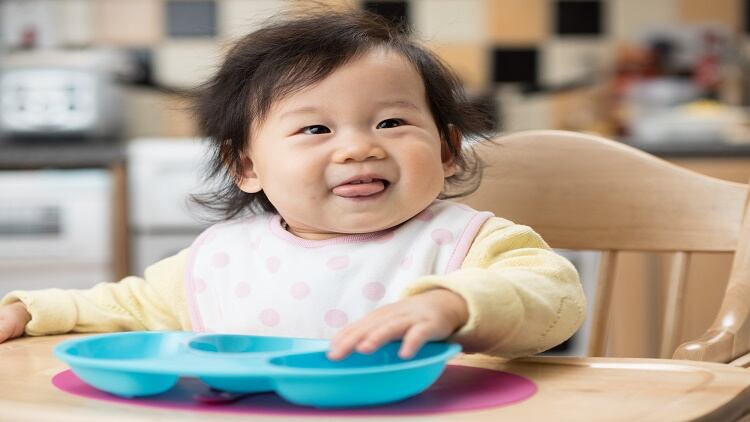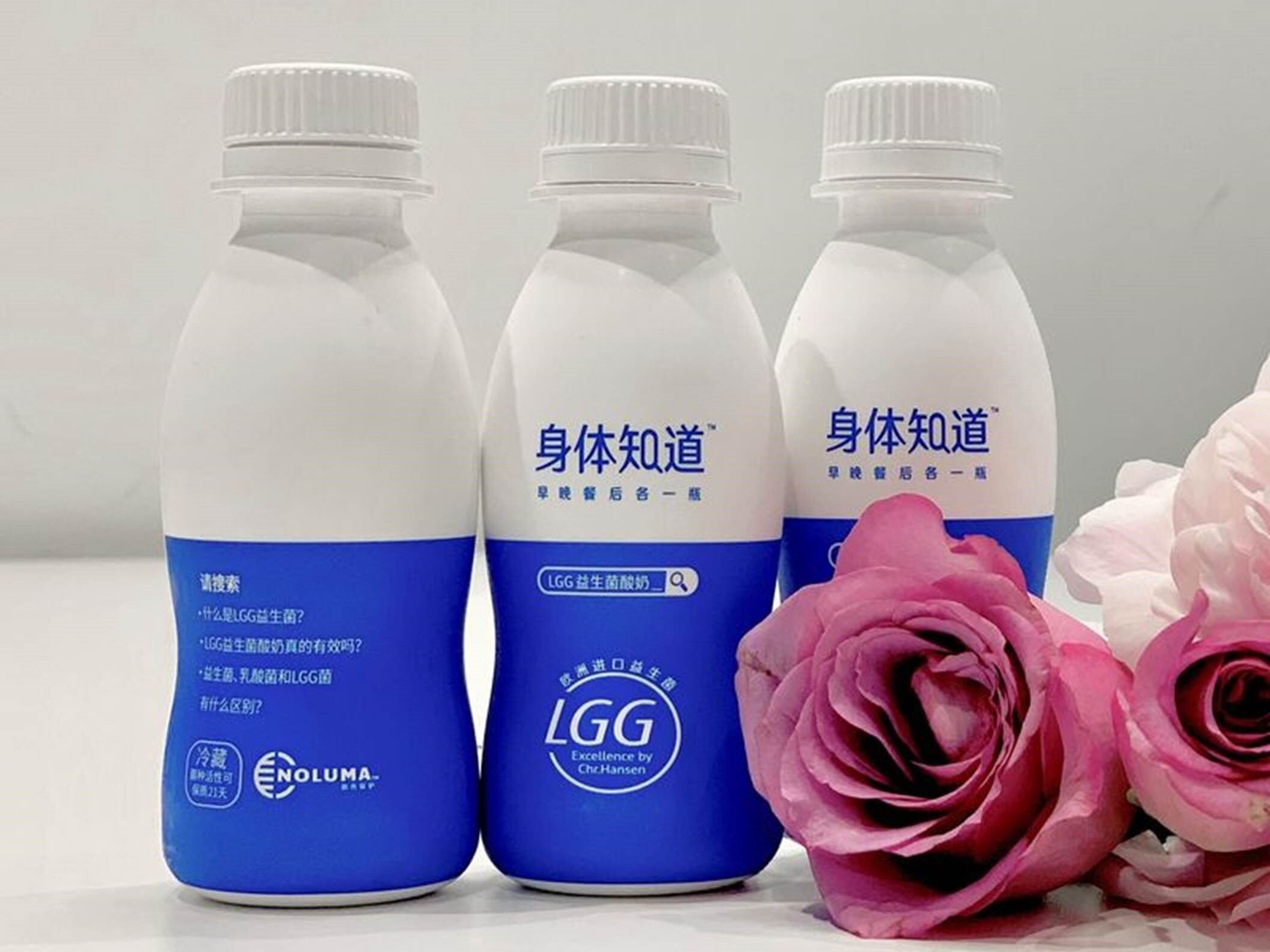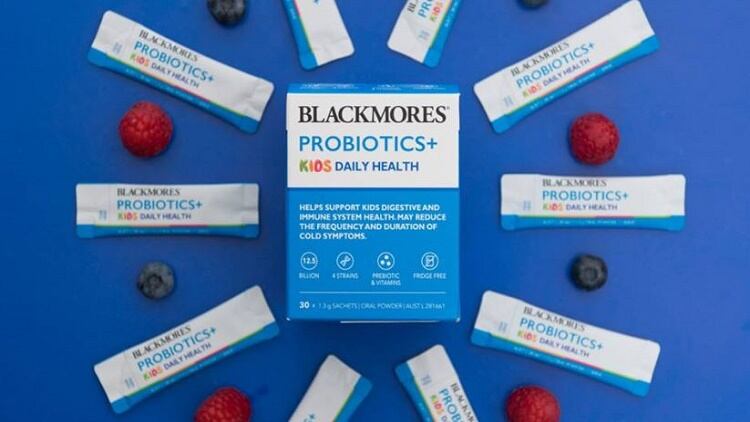Titled “Complementary foods and nutritional products industry trends report”, Tmall and CBN Data studied and compiled the Chinese consumers’ purchasing patterns in the areas of kids’ supplements, complementary foods, snacks, and seasonings.
The consumption data was collected between year 2016 and 2018, and the report was recently published on Aug 18.
It provided a breakdown of the 10 best-selling brands for the four biggest product categories, namely minerals (zinc, iron, calcium), vitamins, probiotics, and DHA/walnut oil.
Imported brands, especially those from the US and Australia, dominated the kids’ supplements market on Tmall.
Of note is Australian brand BioIsland, which topped the sales chart for the minerals and DHA categories, beating brands such as fellow Australian brand Nature’s Way, Childlife, and La Tourangelle, both of which are from the US.
BioIsland also squeezed into the top three spots for the vitamins category, only behind Childlife and Baby Drops respectively.
Culturelle, a US brand by i-Health – a division of DSM, was the most popular brand for probiotics, followed by brands supported by major firms, including Life Space and Biostime which are the products of Chinese supplement giants BY-HEALTH and H&H respectively.
Supplements catered to children between six and nine years old enjoyed the largest market share across all four categories. The newborn (between zero and three months old) segment was the next most lucrative market.
According to an earlier report by Tmall and CBD Data, Chinese mothers are buying less infant formula online, while spending more on dietary supplements.
Probiotics from China
While kids supplements produced overseas dominated the sales chart, it is important to note that probiotics produced by China are gaining traction in the Chinese markets.
Last year, the sales of probiotics produced in China made up about 20% of the entire sales, whereas sales of vitamins were mostly produced overseas.
Also, Chinese parents tend to purchase probiotics for new-borns, and the demand for probiotics starts to shrink as the age increases, while the sales of DHA and vitamins start to go up.
Consumption patterns in different cities
The report noted a change in consumption patterns, where lower tiered cities, such as the 2nd, 3rd, and 4th tier Chinese cities, have more online consumers than the 1st tier cities.
The number of consumers who buy complementary foods and supplements online was on a steady increase throughout 2016 and 2018 for the 3rd and 4th tier cities.
In contrast, the opposite was true for the 1st and 2nd tier cities.
However, in terms of spending, consumers from the 1st and 2nd tier cities still spent more than the 3rd and 4th tier cities.




